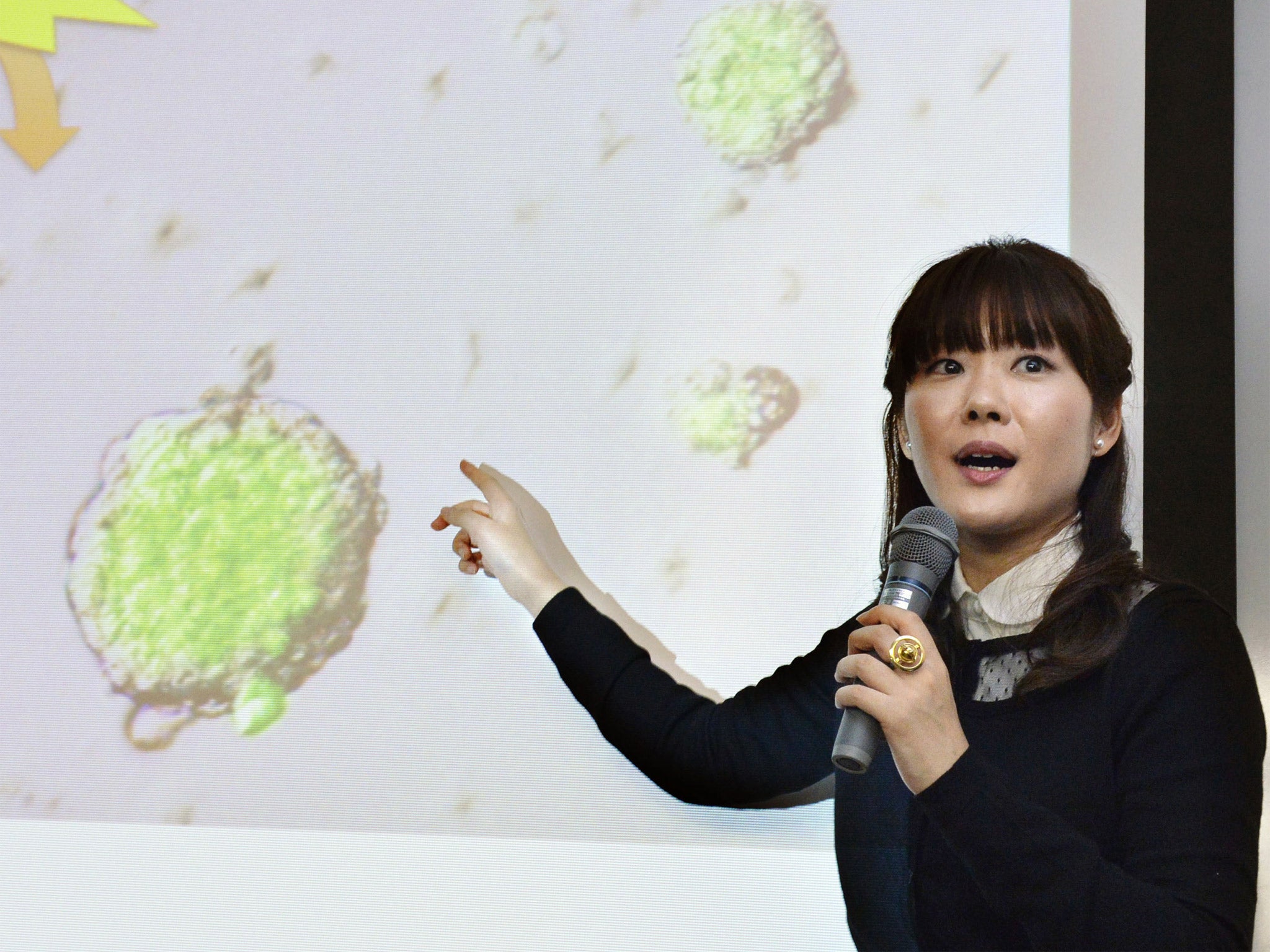Research team apologises for errors in fake stem cell breakthrough

Your support helps us to tell the story
From reproductive rights to climate change to Big Tech, The Independent is on the ground when the story is developing. Whether it's investigating the financials of Elon Musk's pro-Trump PAC or producing our latest documentary, 'The A Word', which shines a light on the American women fighting for reproductive rights, we know how important it is to parse out the facts from the messaging.
At such a critical moment in US history, we need reporters on the ground. Your donation allows us to keep sending journalists to speak to both sides of the story.
The Independent is trusted by Americans across the entire political spectrum. And unlike many other quality news outlets, we choose not to lock Americans out of our reporting and analysis with paywalls. We believe quality journalism should be available to everyone, paid for by those who can afford it.
Your support makes all the difference.Two studies published earlier this year that purported to show how it was possible to produce embryonic-like stem cells by simply adding weak acid solution to blood cells have been formally retracted by all the researchers involved.
The work, published in the journal Nature on 30 January, enjoyed headlines around the world because it opened the door to the possibility of cheap and easy stem cell "repair kits" made from a patient’s own cells.
However, within weeks of the studies being published they began to fall apart as errors were found in the figures. Parts of the descriptions were shown to be plagiarised and early attempts at reproducing the work failed.
Haruko Obokata of the Riken research centre in Japan, the lead author of the study, was found guilty of misconduct by her employers – a judgement she is contesting – while other more experienced members of the team said that they could no longer trust the results that they had signed up to.
“We apologise for the mistakes included in the article and the letter [to Nature]. These multiple errors impair the credibility of the study as a whole and we are unable to say without doubt whether the [stem cell] phenomenon is real,” the authors said in their letter of retraction.
“Ongoing studies are investigating this phenomenon afresh, but given the extensive nature of the errors currently found, we consider it appropriate to retract both papers,” they added.
Nature said it is reviewing its policies on checking scientific manuscripts before publication. “We have concluded that we and the referees could not have detected the problems that fatally undermined the papers. The referees’ rigorous reports quite rightly took on trust what was presented in the papers,” it said in an editorial.
Join our commenting forum
Join thought-provoking conversations, follow other Independent readers and see their replies
Comments